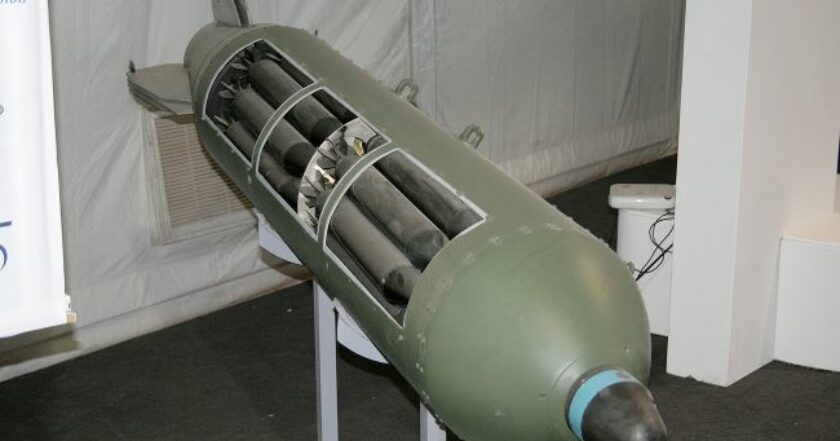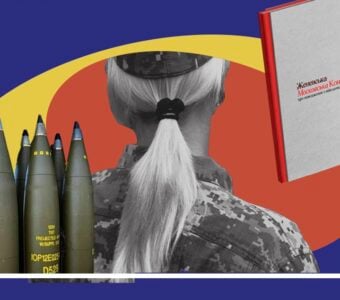US delivers cluster munitions to Ukraine

Photo: wikipedia.org
Ukraine received cluster munitions from the United States but has not yet used them in the war against the Russian Federation, says the commander of the Tavria operational and strategic grouping, Oleksandr Tarnavskyi.
"We just got them (cluster munitions, ed.), we haven't used them yet, but they can fundamentally change (the situation on the battlefield, ed.)," he said in an interview with CNN.
He noted that the Russian occupiers understood that Ukraine would have an advantage after receiving these ammunitions: "The enemy will give up that part of the terrain where they can be used."
According to Tarnavskyi, the decision on which areas can be used cluster shells will be made by the top management. He also emphasized restrictions on using ammunition, saying that their service is prohibited in densely populated areas, even if Russian forces occupy them.
"The Russians think that we wie them on all areas of the front. This is very wrong. But they are very worried," added Tarnavskyi.
Cluster munitions for Ukraine
Recently, the USA reported on transferring cluster munitions and other weapons to Ukraine. American President Joe Biden said that such shells would help the Ukrainian military to continue its counteroffensive.
Washington's announcement drew criticism from non-governmental organizations. It raised concerns in several European countries and Canada, as cluster munitions are considered more dangerous to civilians. There is a convention to which member states refuse to use and store them.
At the same time, Defense Minister Oleksii Reznikov dispelled fears about transferring cluster munitions and named five main principles in their use. Ukraine will use shells only to liberate the territories of Ukraine. That is, it will not hit Russia.
Russia has been using cluster shells for a long time, killing the Ukrainian population. Cluster munitions release bombs that can cover five times the area of conventional munitions. They consist of dozens of smaller bombs and fly apart when detonated. Given this, they can pose a danger to civilians for many years after the end of hostilities.





















































